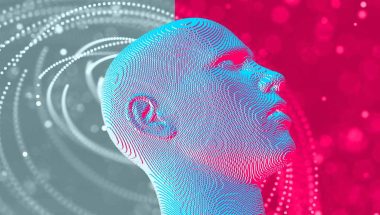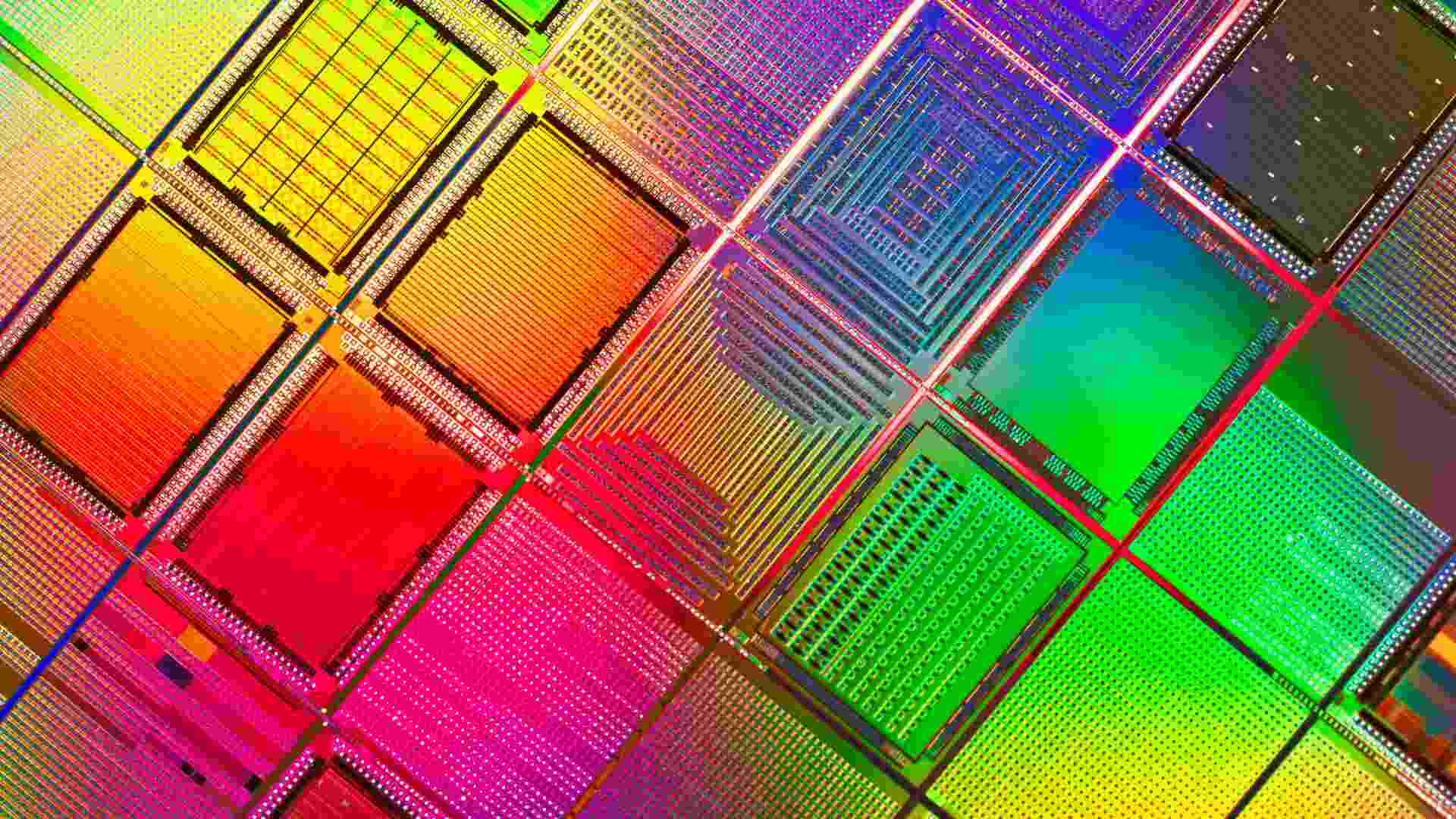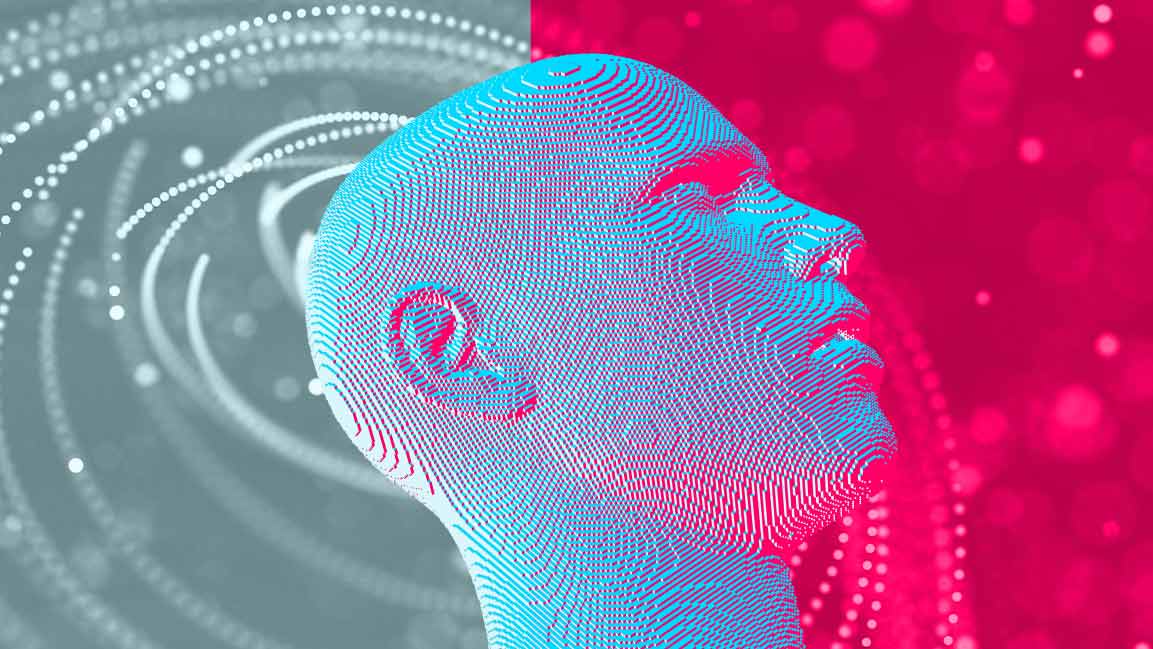- | 9:00 am
Why are women being sidelined in the AI race?
Gender equality should be at the forefront of AI development, and we must prioritize transparency and accountability to develop AI systems that respect individual rights and promote fairness.

AI models are getting smarter. Inference is getting faster. Hardware is getting better. Unfortunately, in this AI race, women are once again being left behind or sidelined entirely.
One of the first first textbooks on AI was actually published by a female—Elaine Rich, a retired computer scientist formerly at the University of Texas at Austin, wrote one of the first textbooks on AI in 1983. Cynthia Breazeal, a roboticist and professor at MIT and the cofounder of Jibo, the robotics startup, worked to develop one of the earliest “social robots,” Kismet, in the late ’90s and early 2000s. Lastly, Fei-Fei Li, codirector of Stanford’s Human-Centered AI Institute, is one of the key figures in the development of contemporary AI and machine learning, particularly for her work creating ImageNet in the 2000s.
Despite the many ways in which women have advanced AI—such as Elaine Rich penning one of the first AI textbooks; Cynthia Breazeal developing the social robot, Kismet; and Fei-Fei Li, codirector of Stanford’s Human-Centered AI Institute, pioneering ImageNet—they still make up a small percentage of the global AI workforce. According to a 2021 Stanford study, just 16% of tenure-track faculty focused on AI are women. Nesta, the U.K.’s innovation agency for social good, conducted a 2019 analysis, which concluded that the proportion of AI academic papers coauthored by at least one woman hadn’t improved since the 1990s. As of 2019, just 13.8% of the AI research papers on Arxiv.org, a repository for preprint scientific papers, were authored or coauthored by women, with the numbers steadily decreasing over the preceding decade. Nesta’s analysis found that women are more likely than men to consider societal, ethical and political implications in their work on AI—which isn’t surprising considering women live in a world where they’re belittled on the basis of their gender, products in the market have been designed for men, and women with children are often expected to balance work with their role as primary caregivers.
These biases aren’t just reflected in the raw numbers given to us research institutions—we see these inequities manifesting in the day-to-day affairs of some of the biggest tech firms. Just last week, Microsoft named AI pioneer Mustafa Suleyman chief of its consumer AI business and hired most of the staff from his previous startup, Inflection AI, including cofounder Karén Simonyan. With Suleyman and Simonyan now at Microsoft, Inflection is in turn now being led by Sean White, previously chief of research and development at Mozilla. A very male affair to say the least.
I’m a big believer in effective accelerationism, which advocates for the deliberate use of technological progress in AI research, algorithmic advancements, and computational capabilities. I also believe women’s contributions to this revolution have been overlooked. But ethical considerations—like gender equality—should be at the forefront of AI development, and we must prioritize transparency and accountability to develop AI systems that respect individual rights and promote fairness.
The AI landscape is ripe for a paradigm shift, one where women are not just participants but pioneers. As we stand at the cusp of this technological renaissance, it’s crucial that we harness the momentum of accelerationism to propel women to the forefront of AI innovation. One that I am confident we are capable of writing.






































